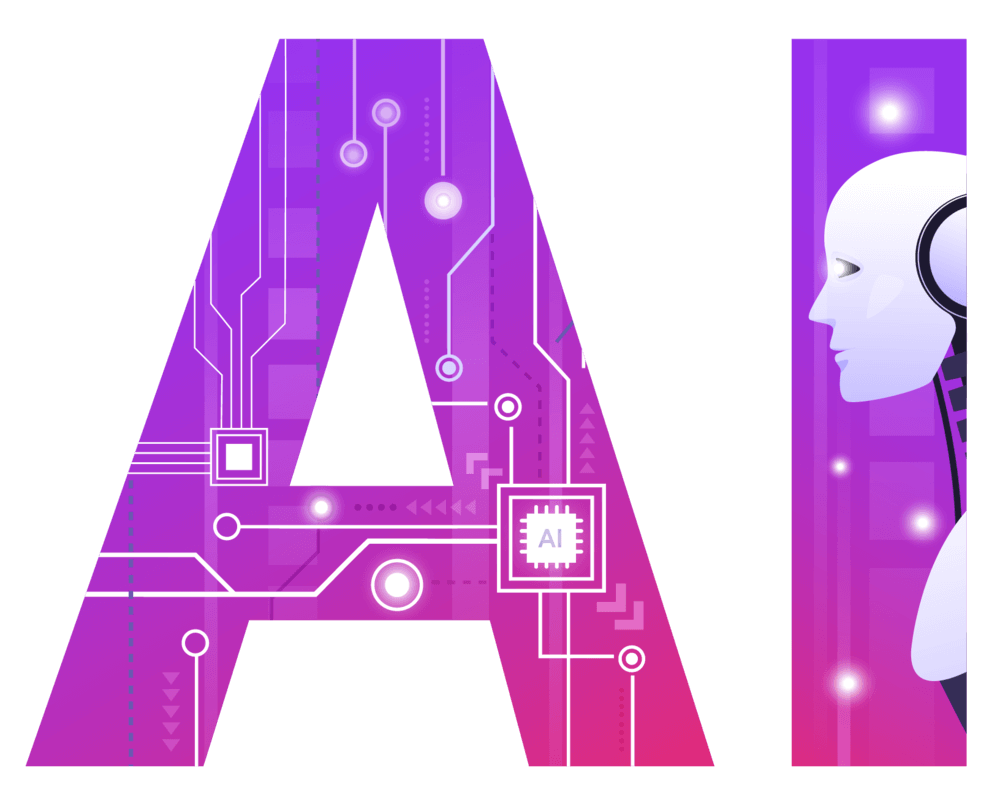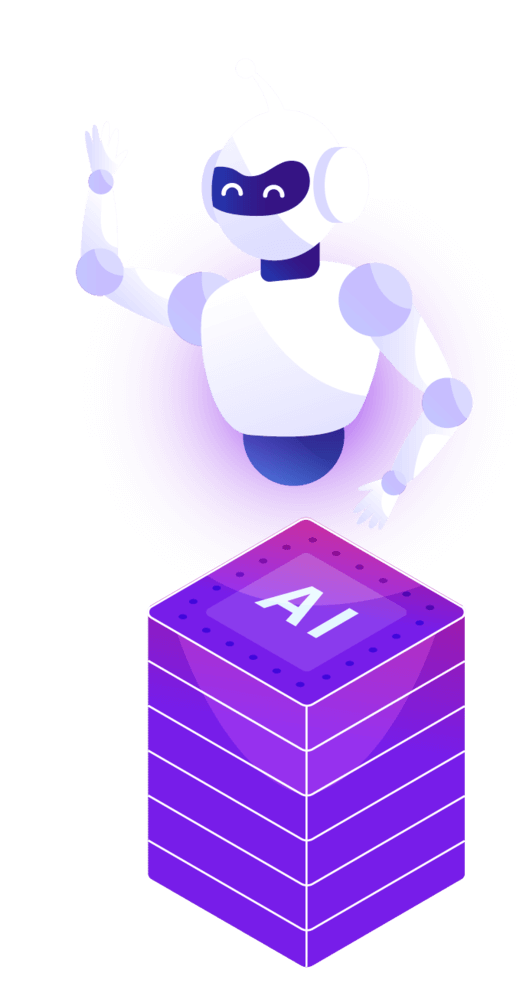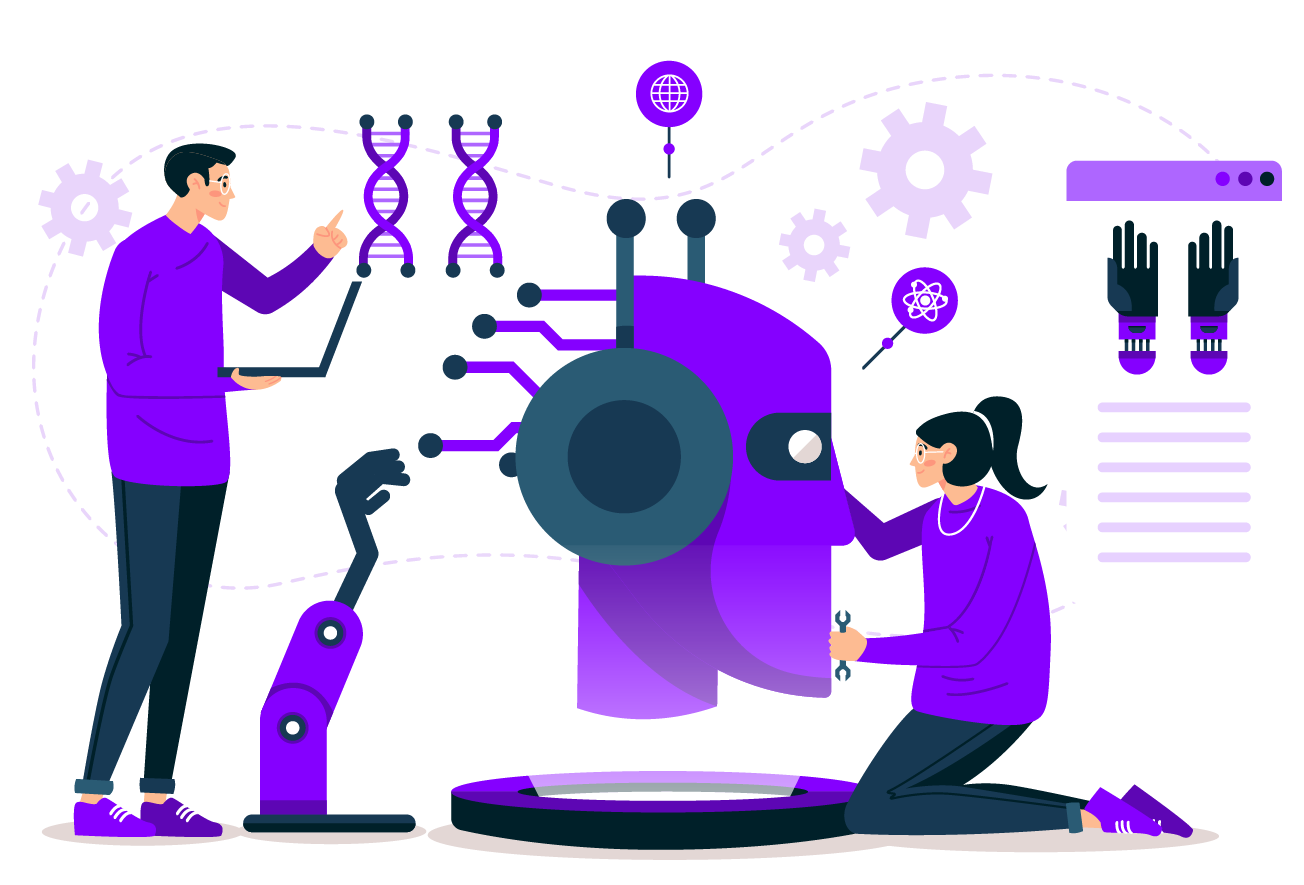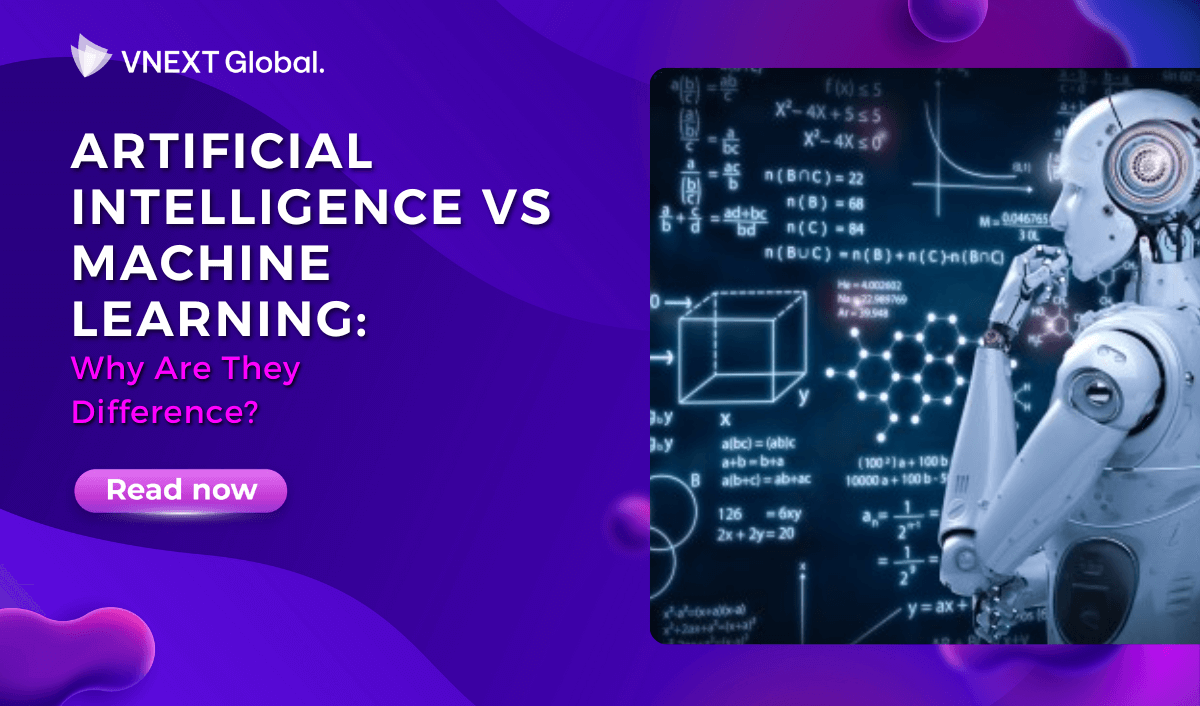Artificial Intelligence vs Machine Learning: Why Are They Difference?
Artificial intelligence (AI) and machine learning (ML) are two terms that are frequently used interchangeably, but they are not the same thing. Both terms refer to technologies that enable machines to perform tasks that would typically require human intelligence, but they differ in how they achieve this goal. In this essay, we will explore the differences between artificial intelligence and machine learning, and why businesses often confuse these two definitions.
1. What is the definition of Artificial Intelligence?
Artificial intelligence is a field of computer science that focuses on creating intelligent machines that can perform tasks that typically require human intelligence, such as visual perception, speech recognition, decision-making, and language translation. AI is designed to be able to learn, reason, and adapt to new situations, just like humans do.
AI systems can be broadly categorized into two types: narrow or weak AI, and general or strong AI. Narrow AI is designed to perform a specific task or set of tasks, such as recognizing faces in photos, playing chess, or identifying spam emails. General AI, on the other hand, is capable of performing any intellectual task that a human can do.
Artificial intelligence has been making rapid advancements in recent years, with applications in a variety of fields such as healthcare, finance, transportation, and entertainment. According to a report by PwC, AI is expected to contribute $15.7 trillion to the global economy by 2030.

2. What is the definition of Machine Learning?
Machine learning is a subset of artificial intelligence that focuses on building systems that can automatically learn from data and improve their performance without being explicitly programmed. In other words, machine learning enables computers to learn from experience, just like humans do.
Machine learning algorithms are designed to find patterns in data and use those patterns to make predictions or decisions. They work by iteratively processing data, adjusting their parameters, and minimizing errors until they can accurately predict outcomes.
There are three types of machine learning algorithms: supervised learning, unsupervised learning, and reinforcement learning. Supervised learning algorithms are trained on labeled data and are used to make predictions based on new inputs. Unsupervised learning algorithms, on the other hand, are trained on unlabeled data and are used to discover patterns in the data. Finally, reinforcement learning algorithms learn through a process of trial and error, where they receive feedback in the form of rewards or punishments based on their actions.
Machine learning has a wide range of applications, including natural language processing, image recognition, fraud detection, and personalized advertising. According to a report by Grand View Research, the global machine-learning market size is expected to reach $117.19 billion by 2027.

3. Why do people usually confuse these two definitions?
One of the reasons why people often confuse artificial intelligence and machine learning is that machine learning is a subset of AI. In other words, all machine learning is AI, but not all AI is machine learning. This can lead to confusion, as businesses may use the terms interchangeably without realizing that they refer to different things.
Another reason for the confusion is that both artificial intelligence and machine learning are relatively new technologies that are still being developed and refined. As a result, there is a lot of hype and excitement surrounding both fields, and many companies are eager to jump on the bandwagon without fully understanding what they are getting into.
Finally, there is a lack of clarity around what constitutes artificial intelligence or machine learning. Different people may have different definitions or interpretations of these terms, leading to further confusion.
.png)
4. How to differentiate between these two?
To differentiate between artificial intelligence and machine learning, it is important to understand the fundamental differences between the two.
Artificial intelligence is a broad field that encompasses a range of technologies and techniques aimed at creating intelligent machines. It includes both rule-based systems and machine learning algorithms, as well as other techniques such as genetic algorithms and expert systems.
Machine learning, on the other hand, is a specific subset of artificial intelligence that focuses on building systems that can learn from data and improve their performance over time. It is based on the idea that machines can learn from experience, just like humans do, and can make predictions or decisions based on that experience.
Another way to differentiate between artificial intelligence and machine learning is to look at the types of problems they are used to solve. Artificial intelligence is often used for complex problems that require a high level of reasoning, such as natural language processing or decision-making. Machine learning, on the other hand, is often used for problems that involve finding patterns in data, such as image recognition or fraud detection.

Final thoughts
While artificial intelligence and machine learning are often used interchangeably, they are not the same thing. Artificial intelligence is a broad field that includes a range of technologies and techniques aimed at creating intelligent machines, while machine learning is a specific subset of AI that focuses on building systems that can learn from data and improve their performance over time. Understanding the differences between these two technologies is important for businesses that want to make the most of these powerful tools and stay ahead of the competition in today's rapidly evolving technological landscape.
If you are looking for a trusted IT partner, VNEXT Global is the ideal choice. With 14+ years of experience, we surely can help you to optimize your business digitalization within a small budget and short time. Currently, we have 400+ IT consultants and developers in Mobile App, Web App, System Development, Blockchain Development and Testing Services. We have provided solutions to 600+ projects in several industries for clients worldwide. We are willing to become a companion on your way to success. Please tell us when is convenient for you to have an online meeting to discuss this further. Have a nice day!












